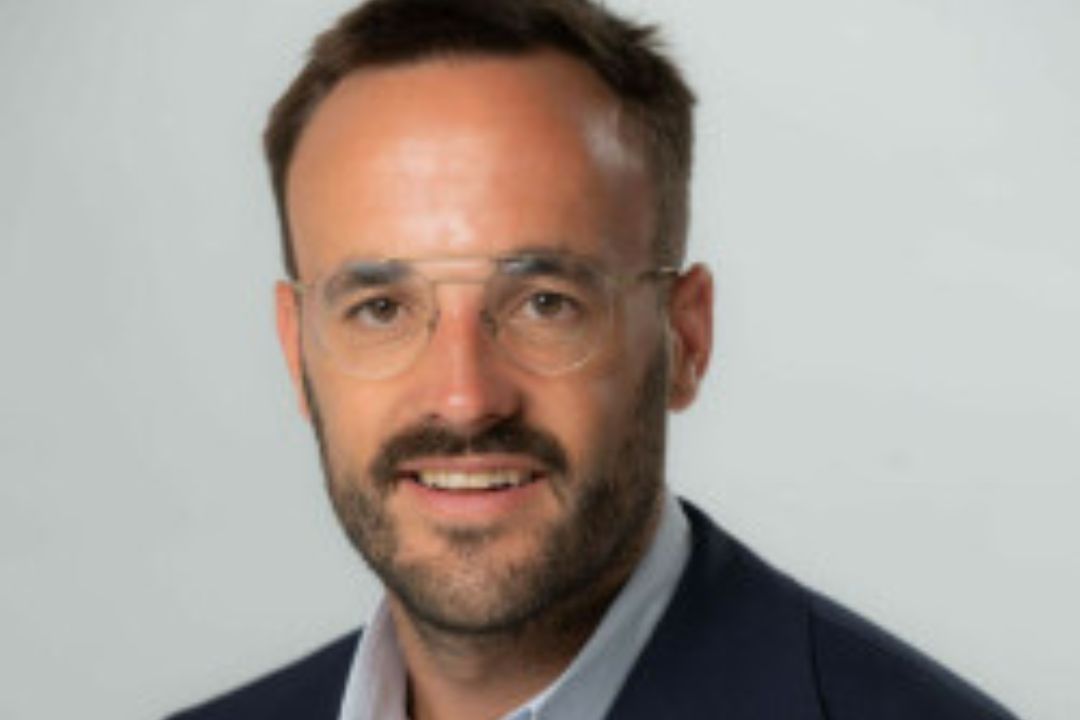21st May 2021
Two EIT Health supported start-ups, Tada Medical and Gasgon Medical, make up part of a consortium of 5 European partners which has been awarded €3 million grant funding by the European Innovation Council (EIC) through its Fast Track to Innovation framework.
The two-year project, Swirl SAFE-infusion will see Swedish company, Tada Medical, work alongside Irish companies, Gasgon Medical and Remote Signals, to develop their medical devices used in the delivery of IV drugs. This collaborative study will then trial the technologies in two European hospitals, Centro Hospitalar e Universitário de Coimbra, Portugal and Parc Sanitari Sant Joan de Déu, Spain, ahead of a planned European launch.
The expected results of the project will determine if its technology can be used to improve delivery of IV drugs in hospital and homecare settings. Tada Medical and Gasgon Medical are developing devices to reduce the issues of IV dislodgement and Air-in-Line respectively, while Remote Signals will create a cloud-connected sensor device to remotely inform clinicians of performance of the infusion.
Tada Medical and Gasgon Medical met after both received support from the EIT Health Headstart programme and later teamed up at EIT Health matchmaking events to develop the Swirl project as a joint initiative. Both companies were also EIT Health Catapult finalists, with Gasgon Medical achieving 2nd place in MedTech category in 2019. By sharing resources and connections they have leveraged the EIT Health network to source pan-European partners with same goals of improving healthcare.
Intravenous (IV) infusion is the most common invasive procedure in modern healthcare, with over 80% of patients in hospitals receiving an IV as part of their treatment. IV infusion delivers medication directly into the vein using tubing that is connected to a bag of fluids. Complications of IV are frequent, with disruptions of the prescribed dose leading to reduced quality care for patients, especially where time-critical drugs are required. Risks of IV can include air entering the vein, the drug flow being disrupted or exposure of the fluids, while disruptions can lead to the therapy being delivered at sub-optimal rates.
https://www.nice.org.uk/guidance/cg174/documents/intravenous-fluid-therapy-full-version2
Europe's top health start-ups take centre stage: EIT Health Catapult winners are revealed at HLTH Europe

2025 Catapult programme winners announced.
Finding Europe’s next healthtech leaders: Insights from Antoine D’Hollander

Insights from Antoine D’Hollander, Capricorn Partners.
EIT Health supports 17 promising deep tech start-ups bridge the ‘Valley of Death’

Providing start-ups with the right support.